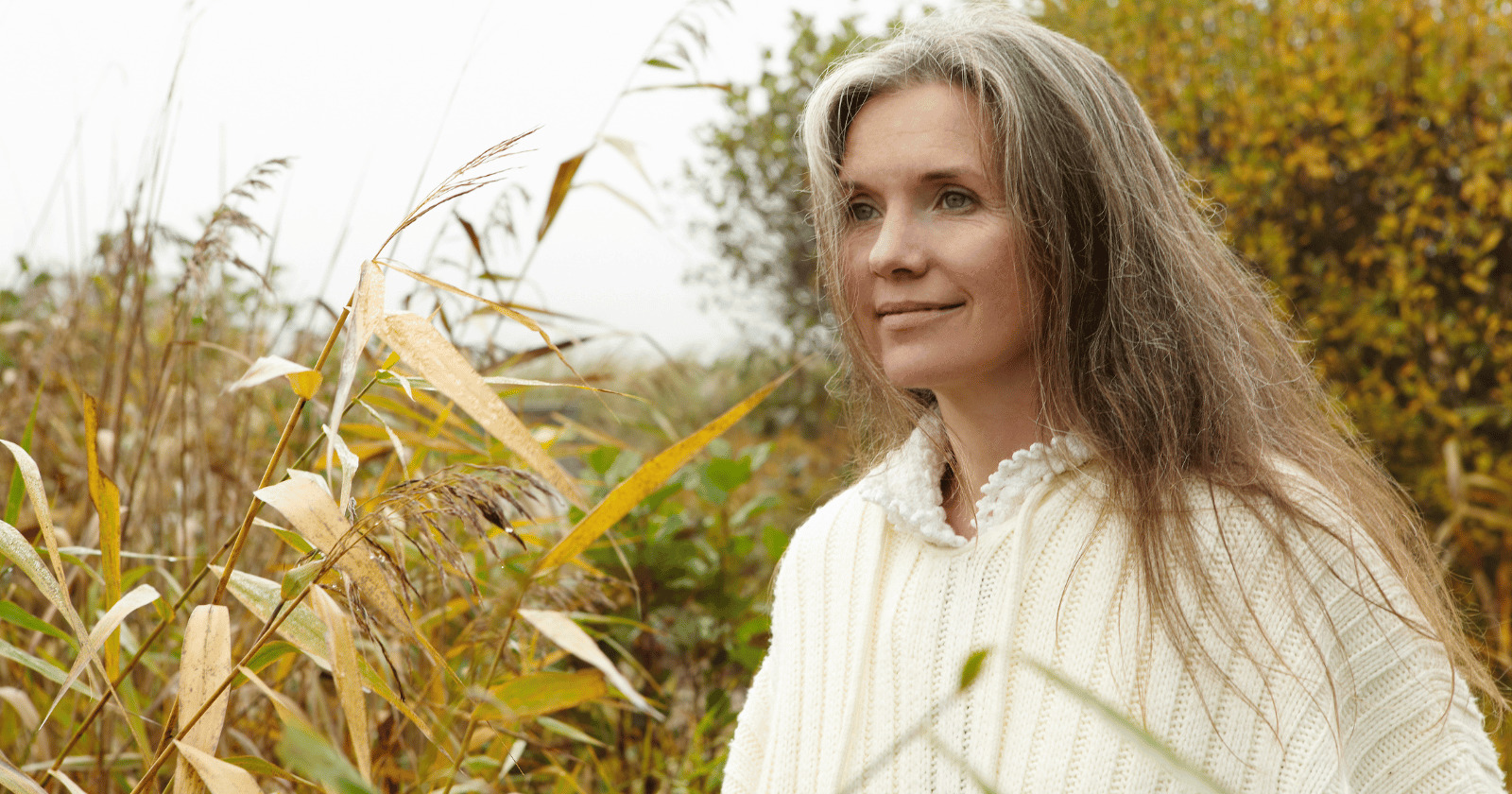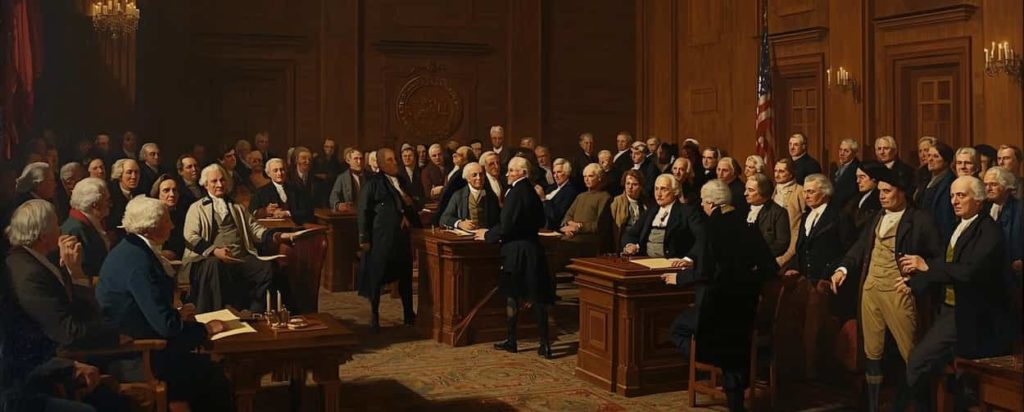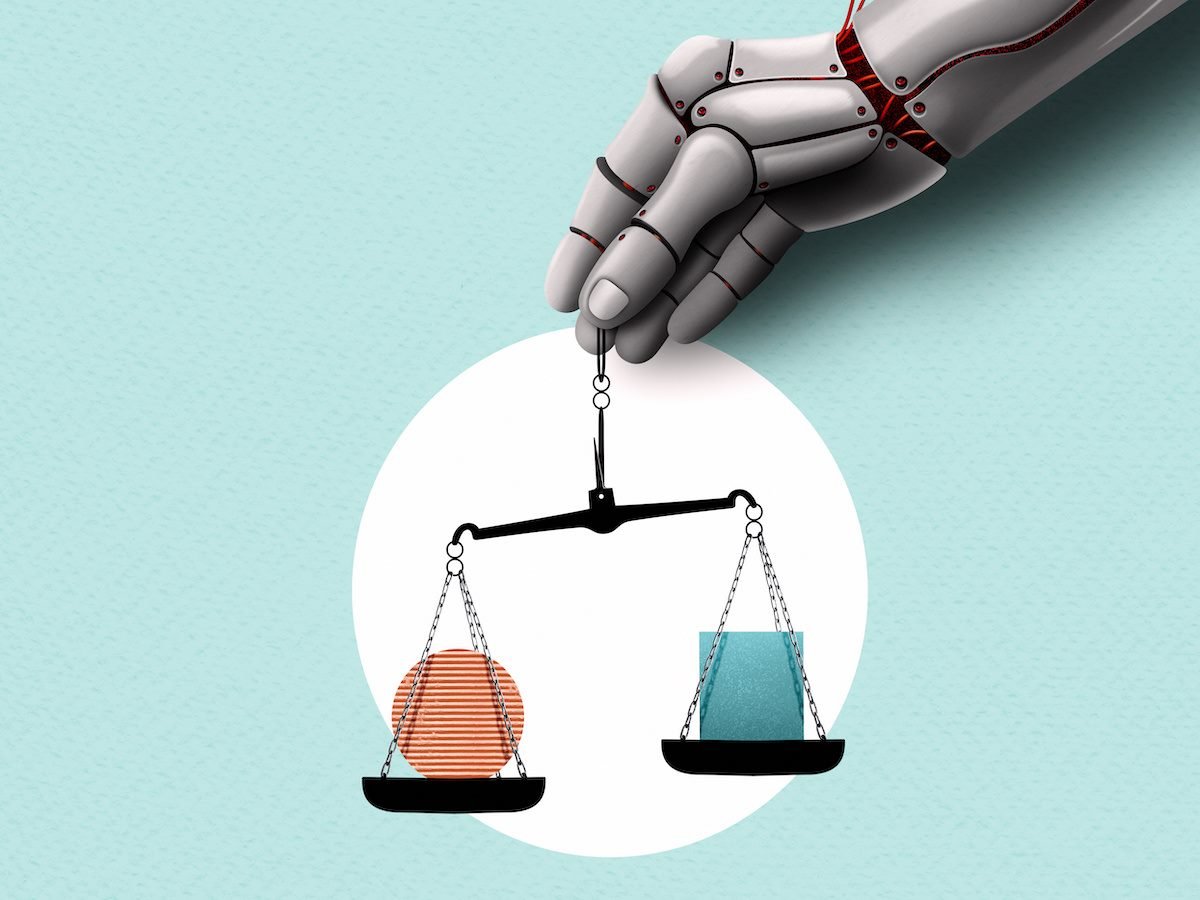“Discover the Surprising Values From the ’60s and ’70s That Still Influence Your Perspective Today!”
On the one hand, there was the rebellious spirit of the ’60s, challenging outdated systems and giving rise to powerful social justice movements. On the other hand, there was still a strong tradition of listening to your parents, teachers, and mentors—if only because that was “the way it was done.”
Many individuals from that era still carry an internal compass that oscillates between wanting to question everything and feeling a natural deference to certain figures or institutions.
I sometimes see this tension surface in the workplace. A baby boomer coworker might advocate for progressive change but still adhere to established protocols without question. The group at Verywell Mind pointed out that our core values often reflect both cultural influences and personal experiences.
So, for someone raised in those decades, you’ll see that mix: a belief in respecting authority combined with a unique readiness to challenge the status quo when it feels important.
4. Frugality and simplicity
When I think of individuals who grew up in the ’60s or ’70s, I often picture resourcefulness: carpooling before it was trendy, patching up clothes instead of tossing them, and making every dollar count.
Some of that had to do with the economic ebb and flow of those eras. Whether it was the oil crisis, the fallout from wars, or just the cultural ethos, saving and living simply felt essential.
It’s not all about pinching pennies, though. There’s also a pride that comes from knowing how to fix what’s broken and reuse what still has life left. I know someone who can’t bear to throw away a glass jar without finding a new use for it.
He once told me it’s because his mother lived through strict rationing, and nothing went to waste. In my counseling sessions, I’ve heard how this practical mindset spills over into emotional resilience: “We make do with what we have, and we don’t complain.”
There’s a compelling quote by Maya Angelou that speaks volumes here: “You can’t use up creativity. The more you use, the more you have.”
While she wasn’t talking specifically about household frugality, her words capture that spirit of resourcefulness. When you’re used to finding creative solutions for day-to-day needs, it can shape the way you approach life’s bigger challenges, too.
5. Honesty as the best policy
Whenever I talk to someone from this generation about the virtues instilled in them as a child, honesty usually tops the list. There was an enduring lesson: if you tell the truth, you have nothing to fear.
I remember hearing stories about mothers who could seemingly spot a lie a mile away, or dads who’d hand out the harshest punishments for any kind of deception.
In my own practice, I see how important transparency is for clients from this background. They tend to place a high premium on trust in relationships—both professional and personal. It can be heartbreaking when they feel someone has betrayed them, because honesty is so central to how they connect with others.
The pros over at Choosing Therapy might say that honesty fosters deeper emotional bonds and better conflict resolution, which is something I also emphasize in my book on codependency. (You might have read my post on how transparency can break cycles of unhealthy reliance.)
6. Giving back to the community
For many who came of age in those decades, civic involvement was a big deal. It might have been the civil rights movement, the push for environmental awareness, or even local volunteer projects.
One of my clients told me how he used to join his neighbors in planting community gardens and organizing free art shows for local kids. He didn’t see it as activism per se, just something that responsible citizens did.
To this day, a lot of people from that era still believe in “paying it forward.” Their approach might differ—some volunteer at homeless shelters, while others quietly donate resources where they can.
But the underlying value is the same: you’re part of a society, and as a member of that society, you have responsibilities beyond your own front door.
This is reminiscent of a quote by Brené Brown: “We don’t have to do all of it alone. We were never meant to.” There’s an underlying message of collective responsibility in her words, which mirrors that sense of community spirit cultivated decades ago.
Even if you’re not marching in the streets, the desire to support a greater good often springs from the experiences and messages absorbed in youth.
7. Emphasis on personal responsibility
I’ve saved a big one until last, friends. If you were raised in the ’60s or ’70s, there’s a good chance you grew up with a firm understanding that your actions—and their consequences—are yours to own.
This doesn’t mean you were never influenced by external events. But there was a prevalent belief: no matter what life throws at you, you ultimately have to take responsibility for your decisions.
That kind of mentality can be incredibly empowering. It means looking at mistakes not as reasons to wallow, but as opportunities to learn and do better.
Even in my counseling work, I see how this can foster a growth mindset—similar to what Susan Cain often explores when talking about introspection and self-awareness. In her view, taking responsibility for our internal world (and actions) paves the way for deeper personal growth.
In relationships, personal responsibility helps reduce blame games. I’ve seen couples dramatically improve their communication when both partners accept their role in conflicts rather than pointing fingers.
Embracing personal accountability might not always be easy, but it’s a hallmark of emotional maturity and healthier connections.
Final thoughts
Even though times have changed and technology has catapulted us into a world the ’60s and ’70s could only dream of, the values rooted in those decades have staying power.
Hard work, the importance of family, respect for authority, frugality, honesty, community-mindedness, and a sense of personal responsibility—these ideas continue to shape the way many people make choices, navigate challenges, and form meaningful relationships.
For anyone reading this who grew up in that era, I hope reflecting on these values provides a bit of nostalgia and clarity. And if you didn’t grow up then, maybe you can spot these traits in someone you know—like a parent, a grandparent, or an older mentor—and better understand how their background shaped their worldview.
We are all products of our upbringings to some extent, but the beauty of self-development lies in how we choose to keep or adapt these influences as we move forward.
Signing off.













